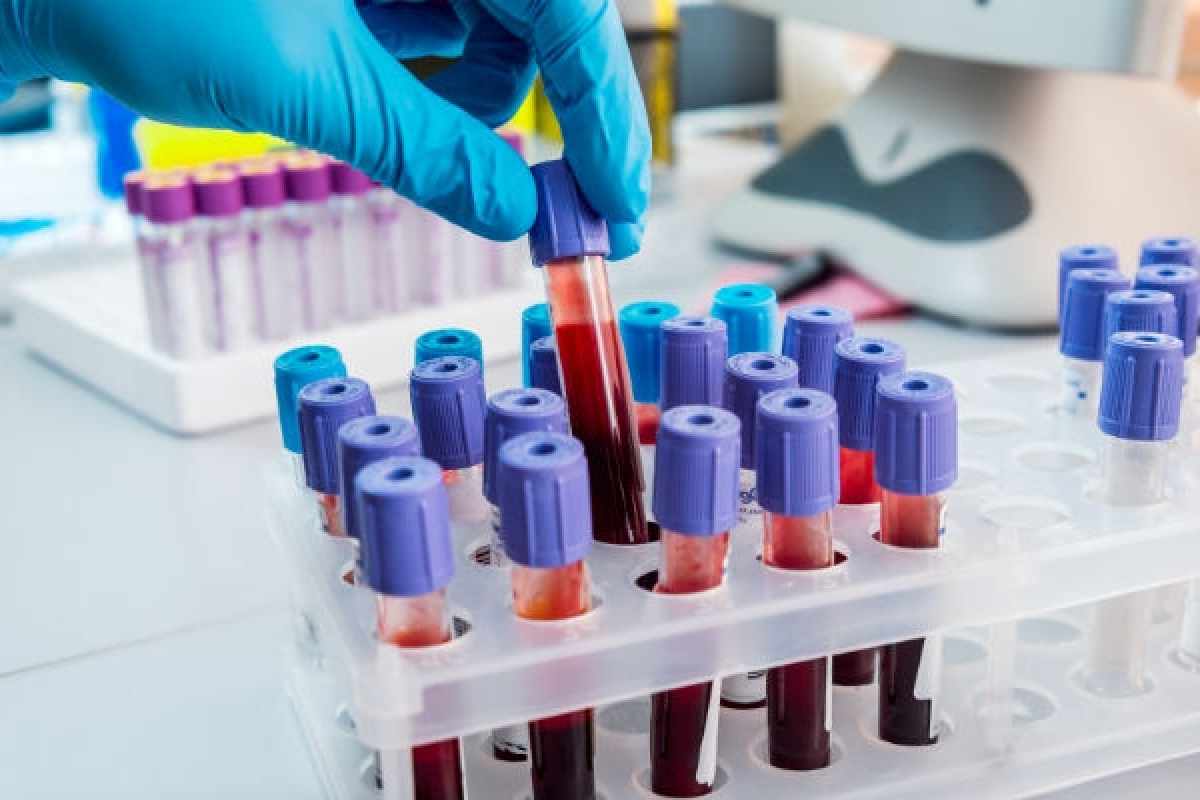D.Pharm Subject List
Embarking on a journey to become a certified pharmacist begins with a solid educational foundation, and at the core of this foundation is the Diploma in Pharmacy (D.Pharm) program. The robust curriculum of the College of Pharmacy is meticulously designed to cover the breadth of knowledge and practical skills necessary for students to excel in the field of pharmacy. Below is an elucidation of the subject list that forms the bedrock of this program.
Pharmaceutics
A fundamental subject within the D.Pharm curriculum, Pharmaceutics is the science of preparing and dispensing drugs. Students learn about the formulation of pharmaceutical products, including tablets, capsules, ointments, and injectables. Critical aspects such as pharmacokinetics, biopharmaceutics, and drug stability are covered, providing students an in-depth understanding of how drugs are formulated and processed to ensure efficacy, safety, and stability.
Pharmaceutical Chemistry
This discipline amalgamates principles from both chemistry and pharmacology. It involves the study of drug design, drug synthesis, and the qualitative and quantitative analysis of drugs. Students gain knowledge about the chemical properties of compounds and how they their pharmacological actions. Pharmaceutical Chemistry is a pivotal subject that underpins the development of new drugs and therapies.
Pharmacognosy
Pharmacognosy focuses on the study of medicinal drugs derived from natural sources, including plants, animals, and minerals. This subject delves into the extraction, characterization, and analysis of bioactive compounds that play a significant role in modern drug development. It serves as a bridge between traditional medicine and modern pharmaceutical practices.
Biochemistry & Clinical Pathology
This interdisciplinary subject examines the changes that occur in diseases and how these changes affect the body. Understanding the molecular basis of health and disease is crucial for the competent practice of pharmacy. Laboratory tests and clinical diagnostics are integral aspects, allowing students to comprehend pathology results and contribute to patient care effectively.
Human Anatomy & Physiology
Housing detailed knowledge of the human body’s structure and function, Human Anatomy and Physiology are cornerstones of pharmaceutical education. This allows students to appreciate how drugs interact with the body to produce therapeutic effects and what potential side effects may arise. These foundations enable pharmacists to understand how illnesses manifest and how different organ systems may be affected by or respond to medication.
Health Education & Community Pharmacy
A pharmacist’s role extends beyond drug dispensing to include public health advocacy. In Health Education & Community Pharmacy, students learn about the principles of health promotion, disease prevention, and the management of common health problems. This subject equips future pharmacists with the communication skills necessary to educate the community about health and wellness.
Pharmacology & Toxicology
A thorough understanding of Pharmacology & Toxicology is crucial for all pharmacists. It involves the study of drug actions, the effects on biological systems, and the mechanisms by which these effects are produced. The toxicological aspects cover the potential harm drugs may cause, overdose treatment, and poison management. Command of this subject is integral to ensuring the safe and effective use of pharmaceuticals.
Drug Store & Business Management
This area of study prepares students for the practicalities of running a pharmacy business. It encompasses aspects such as inventory management, marketing, and financial operations. In addition, Drug Store & Business Management courses emphasize the regulatory and ethical environment pharmacists must navigate, ensuring compliance with laws governing medication dispensing and patient privacy.
Hospital & Clinical
In the dynamic environment of a hospital, clinical pharmacists must possess comprehensive knowledge and skills. Hospital & Clinical Pharmacy subjects provide insight into the specifics of medication management in a healthcare setting. This includes understanding prescription analysis, therapeutic drug monitoring, and direct collaboration with healthcare teams to optimize patient outcomes.
Conclusion
In conclusion, the D.Pharm subject list at the College of Pharmacy is a holistic blend of scientific knowledge, practical skills, and ethical considerations that prepare students for the demands of the pharmaceutical field. The curriculum is both extensive and intensive. Reflective of the complexity and the importance of the pharmacist’s role in modern healthcare.
As pharmacists continue to serve as an indispensable link between healthcare and the community, the education they receive remains the critical underpinning for their expertise. And adaptability in an ever-evolving landscape of medicine and patient care. D.Pharm Subject List


